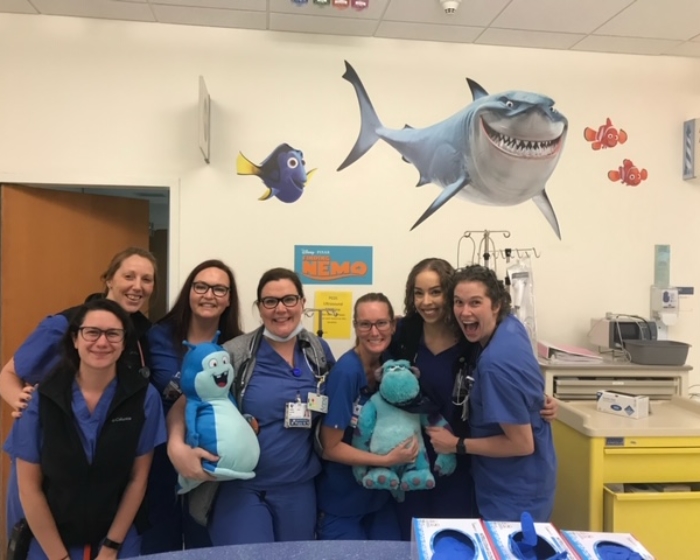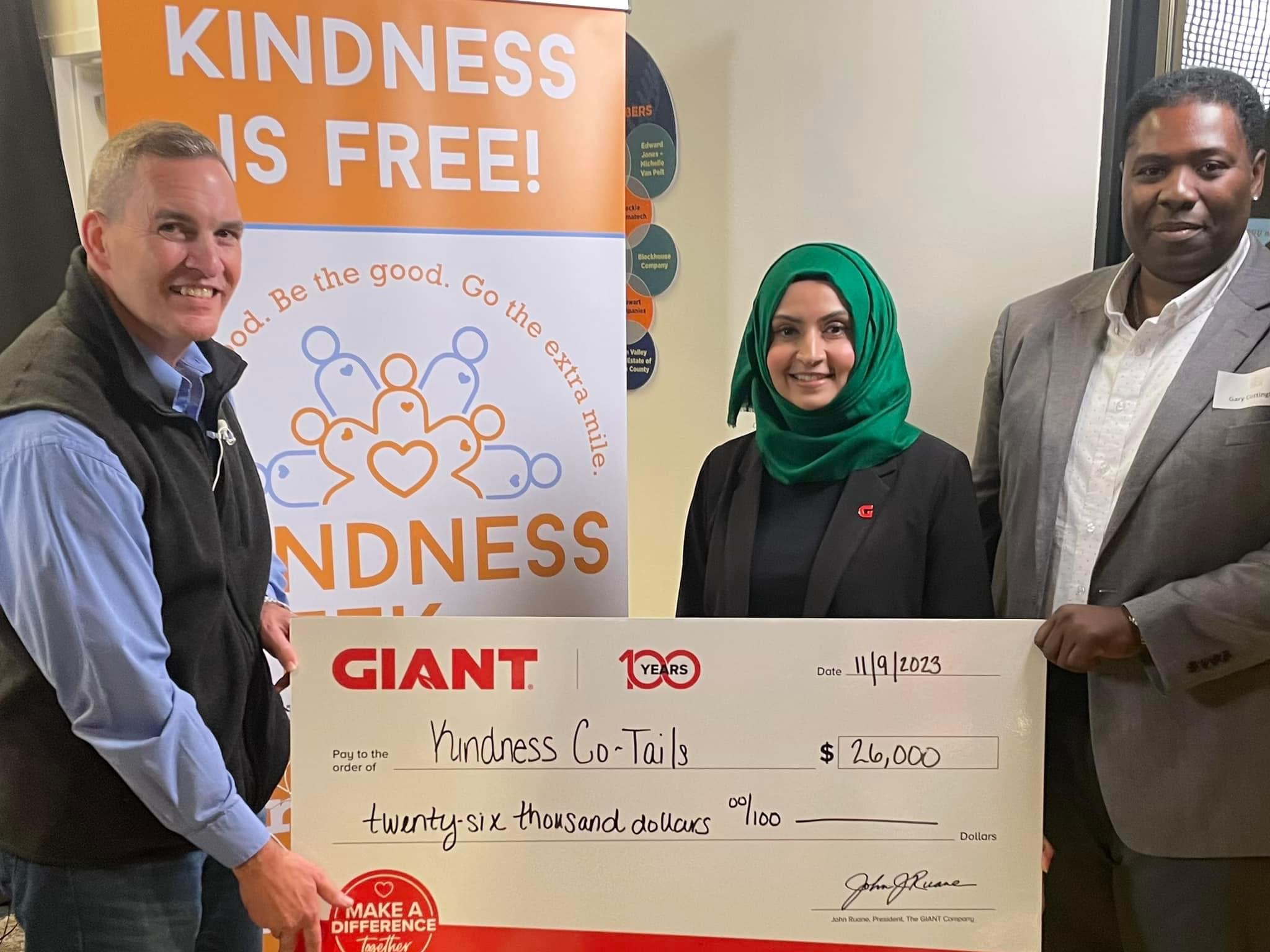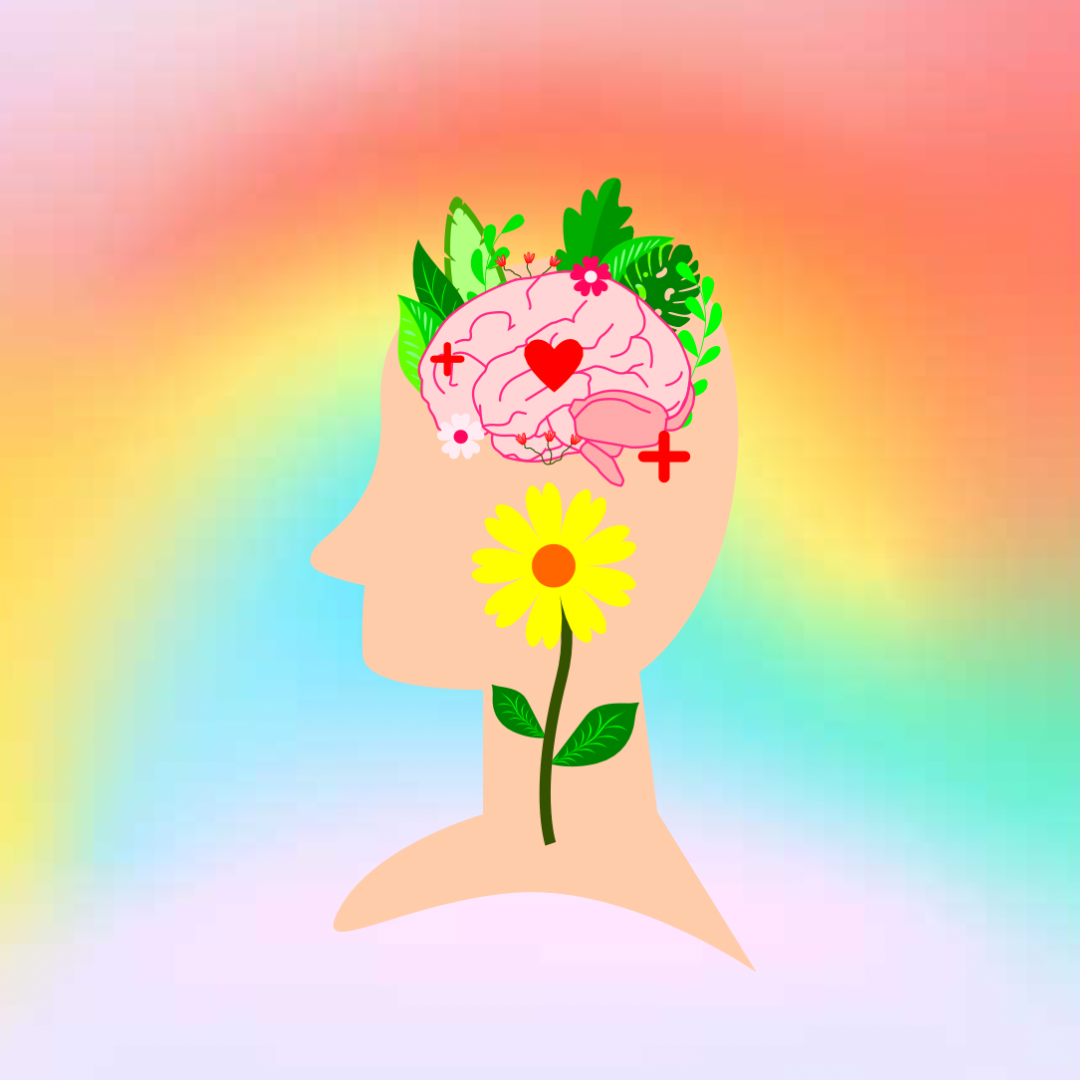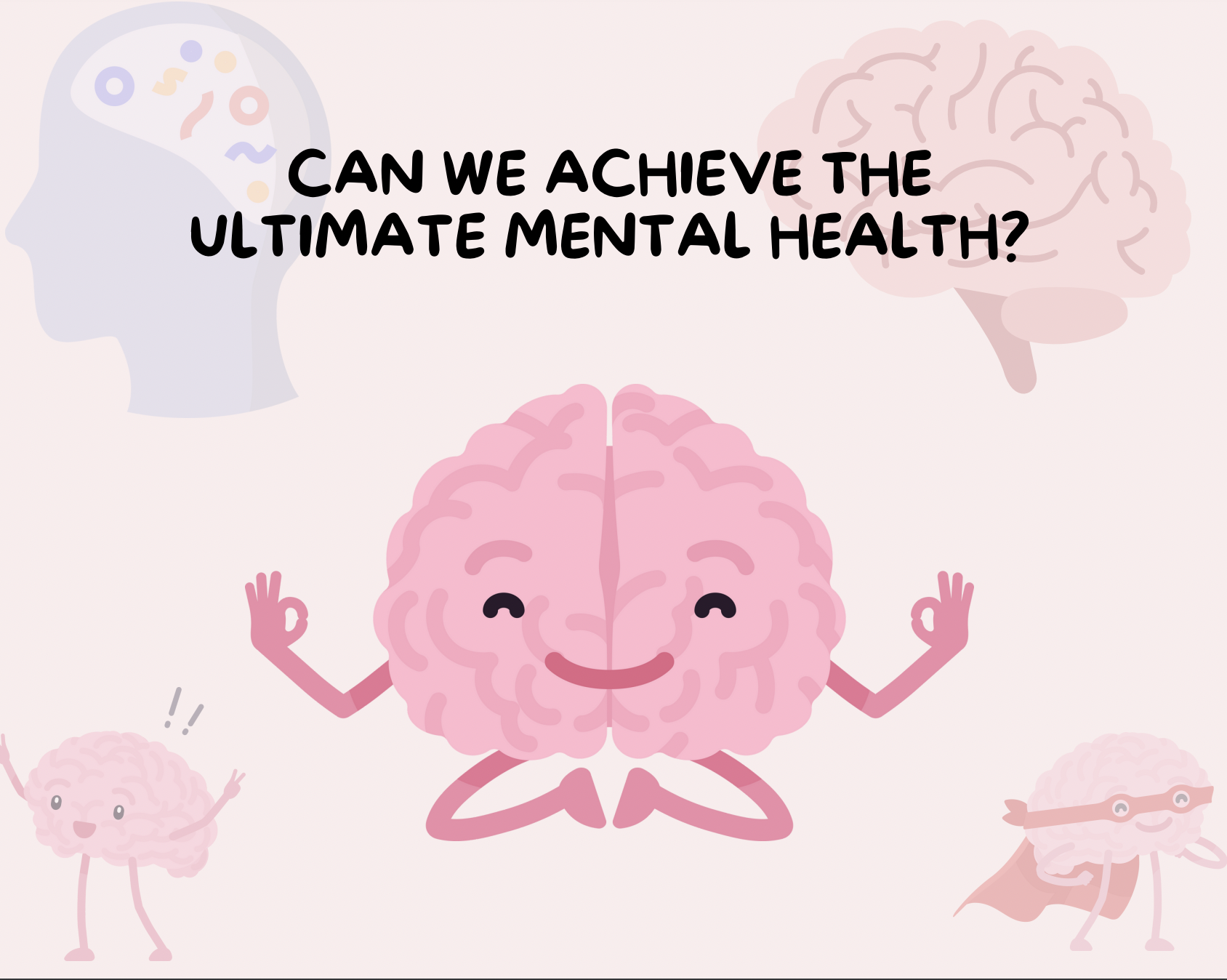“I feel a pull to do more.”
Yesterday I got this text from a friend. She’s not doing her desk job from home and stress reading the news every few minutes like many of us. She is a nurse. An ER nurse. In a city. With two kids under 5 years old. And a very worried husband.
“Are you serious? You’re doing so much already.” This was my reply. But then again, of course I wouldn’t understand, I couldn’t hack it as a nurse. I tried for 5 years, in the Emergency Room and in the Intensive Care Unit, and it nearly broke me. Maybe it did. There are still days and patients I cannot talk about without sobbing. Being a nurse is difficult – physically, emotionally, and intellectually. Your 4-year old patient just died? You just got punched? Someone screamed at you? You held a crying wife as her husband stopped breathing? Someone just called you a name or a slur? The expectation is that you take a deep breath, dust off your scrubs, and walk into the next room with a smile on your face and the promise of home in 11 hours.
Is this healthy or acceptable? No. But are nurses, doctors, respiratory therapists, EMTs, pharmacists, physical and occupational therapists, chaplains, phlebotomists, and the many other types of frontline healthcare workers expected to do this every day? Yes. And they’re given such little emotional support that when I recently attended a seminar on “Nurse/Doctor Burnout,” every single hand in the room shot up when asked if we scored 10 out of 10 on the screening tool for PTSD. “But this is just the job,” one resident said, then they shrugged and went back to work.
But the stakes just got higher. Much higher. Yes, every time a nurse (or other medical professional) steps into work, they are risking contracting the COVID19 virus. In fact, many nurses assume they’re going to get it. But others are pregnant, have high-risk family members at home, or are high-risk themselves, and that inevitability is not simple. They are preparing their spouses and kids to be ready for a 14-day quarantine at any moment. Some are even living separately from their families to protect them.
Being in a relationship with a nurse is not always easy even on a good week. My husband has dealt with more than his fair share of post-work breakdowns, supporting me as I’m reminded of a patient on the playground or at the grocery store, and having to kick me under the table when I share things about work that no non-medical person needs to be hearing. I remember when I went back to work after our second child was born and told him, “Well, if you need anything in the next 13 hours, you can’t call me!” as our baby started wailing and I had to slip out the door so I didn’t miss my clock-in time. And now, with kids at home and school cancelled, partners, spouses, and extended family and friends are stepping up again as childcare becomes limited, many options are off-the-table due to infection risk.
And now, we seem to not even be protecting nurses at a basic level. Reports are mounting of limited masks and protective gear in hospitals around the country. “I hope I don’t have to choose between treating a patient with COVID and wearing a mask, because you know what we’ll end up doing.” This text from another nurse friend shook me because I know exactly what she would do. I’ve seen her walk an elderly patient all the way to his car in the last row of the parking lot because she wanted to make sure he felt heard after he had a long wait time in the ER.
Nurses are not doing their jobs for thanks or appreciation. Trust me. But right now, I’m imploring you to step up for them. Because when the wake of COVID19 has passed, it will be the nurses and other frontline medical professionals, who stepped up for us at great expense to their own comfort, safety, and mental health.
If you’re wondering what you can do to help:
- Make cards (or have your kids make cards) for healthcare professionals thanking them for what they’re doing and showing support and appreciation, and send them to your local hospital. Also, make cards for first responders, postal workers, grocery store employees, and everyone else who is risking their health and safety for the rest of us.
- Order delivery to your local ER or ICU (or rehab facility, senior living center, etc.) from a local restaurant. Just call your local delivery place, place the order, and when they ask where you want it delivered to, just give them the address of your local ER/ICU. Worried about logistics? Don’t – I promise you if a box of donuts appears, they’ll figure it out.
- Assume that every medical professional could use some support right now. Do you know a respiratory therapist but never actually understood what they do? Now’s the time to check in on them. Many healthcare professionals (especially respiratory therapists!) might not have the title of nurse or doctor, but they could use appreciation and recognition right now. Send their kids some entertainment, text them to check-in, or just wipe snow off their car.
- Advocate for sufficient protective gear (particularly masks) for frontline healthcare workers. Call your elected officials (senators, representatives, the White House switchboard) and ask them to take action to make sure masks are getting to healthcare workers. Quickly. Also, ask them about paid sick leave – many nurses cannot afford to stay home if they are sick and lose their hourly wage or their job.
- If you want to directly support nurses financially, consider donating to the American Nurses Foundation Coronavirus Response Fund for Nurses.
- Most importantly, follow CDC recommendations to prevent yourself from contracting COVID19 and #Kindlymask.


















